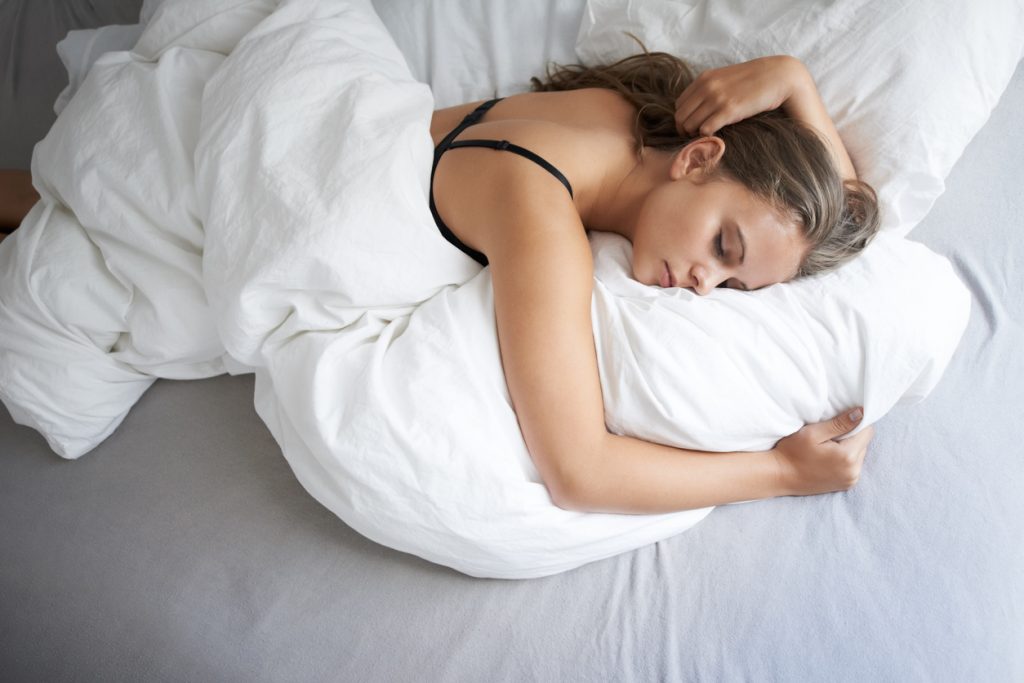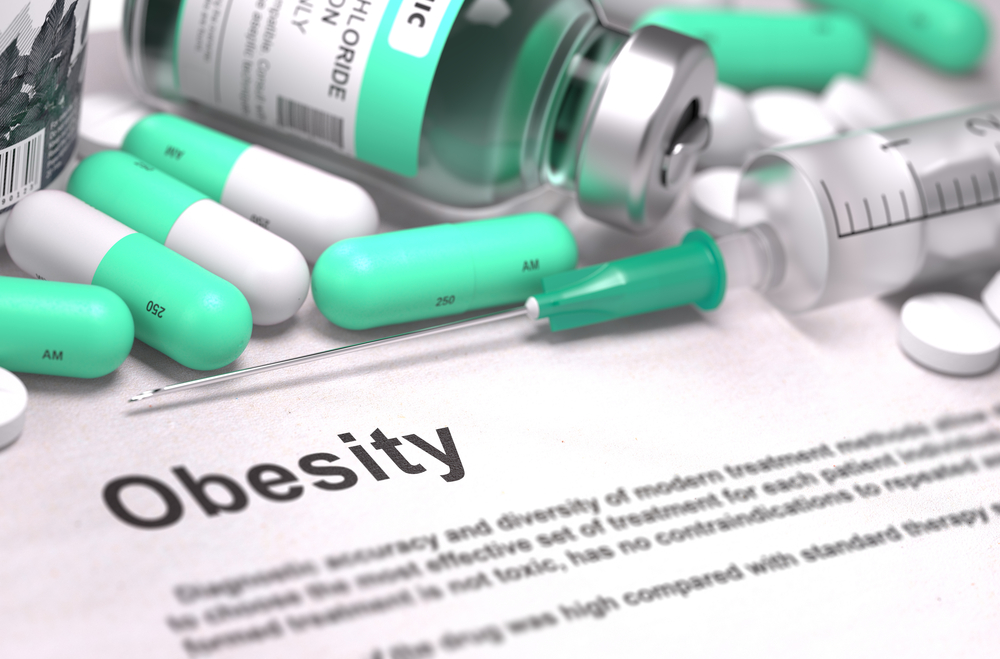
It’s no secret that women often have more issues when it comes to sleep than men. In fact, research supports this difference, citing that girls start struggling with sleep more than boys as soon as they hit puberty. While there are a lot of different reasons (psychological and social, included) that women get less quality sleep than men, one of the biggest causes for the difference is hormones.
For females, the two main hormones that cause problems sleeping are progesterone and estrogen. Estrogen controls a woman’s menstruation cycle, while progesterone, which is produce in the eggs and adrenal glands, is what’s needed to maintain a healthy pregnancy. When estrogen and progesterone fluctuate during a female’s life, so does their ability to sleep.
Another hormone, cortisol, also impacts your ability to sleep. Often referred to as the “stress hormone”, cortisol can block the functionality of your ovaries when it gets too high, which then leads to a decrease in estrogen. This decrease is another reason why women who are stressed often have a difficult time falling asleep or falling back asleep (in addition to a racing mind, of course).
Your Period and Sleep
Progesterone rises in the days leading up to your period because your body is preparing for a potential pregnancy. If the pregnancy doesn’t happen, then progesterone suddenly drops, which is what signals the start of your menstrual cycle. For this reason, a lot of women recognize a difficulty sleeping in the first days of their period. As the cycle continues, progesterone begins to increase again, making it easier for most women to get the quality sleep they’re looking for.
Pregnancy and Sleep
If you do get pregnant, then there is no decrease in progesterone. In order to maintain a healthy pregnancy, progesterone levels increase dramatically. This boost in progesterone also helps moms-to-be have a strong immune system. Estrogen also increases during pregnancy. In fact, you’ll actually create more estrogen throughout the nine months of pregnancy than you will for the rest of your life.
Menopause and Sleep
As you approach menopause, hormones begin to fluctuate more than normal. These fluctuations often lead to a lot of the unwanted side effects of menopause, namely hot flashes and nighttime sweats. These side effects disrupt sleep on their own, but so does the decrease of progesterone that happens during the onset of menopause. Because progesterone helps women to relax, this decrease can lead to irritation and difficulty falling asleep.
Because of this connection between hormones and sleep, a lot of women find success treating insomnia and other sleep quality issues with hormonal support. A low dose of estrogen can definitely help some women experience better sleep — and it can also help relieve the discomfort of hot flashes that play a role in loss of sleep for women entering menopause.
There are other strategies, of course, that can help regulate hormones to produce better sleep, including meditation, yoga, and a change in diet. In order to find out which treatment or strategy is best for you, consulting with a health and wellness professional, or your Functional Medicine Specialist is the best place to start.




About The Author: Kimberly Gerbers
More posts by Kimberly Gerbers